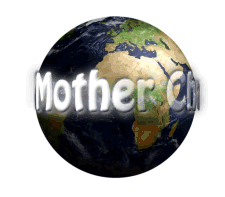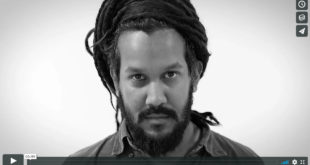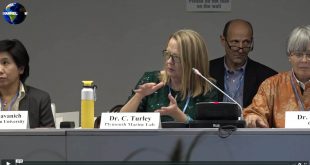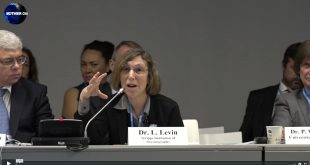Irwin LaRocque
Ambassador of Fiji
CARICOM Secretary-General
Panellists:
Rt Hon Baroness Patricia Scotland of Asthal PC QC
Commonwealth Secretary-General.Jon. Allen Chastanet
Prime Minister of Saint Lucia
Lead Head of Government in the CARICOM Quasi Cabinet
with responsibility for Sustainable Development,
including the Environment and Disaster Management
and Water, at COP 23Dr. The Rt. Honourable Keith Mitchell
Prime Minister of Grenada
Chair of the World Bank Small States Forum
Chairman of CARICOMJo Scheuer
Director/Chief of Profession Climate Change & Disaster Risk Reduction at UNDP.
Pa Ousman Jarju
director of GCF’s Country Programming Division
This year’s climate talks mark the first time a member of the Alliance for Small Island States (AOSIS) has held the Presidency. It presents an important opportunity for CARICOM and the wider Small Island Developing States (SIDs) to influence the global climate change agenda.
Against the backdrop of the unprecedented climate disaster events which struck the Caribbean in September 2017, the opportunity loomed large to focus the world’s attention on the peculiar vulnerabilities of Small Island and low-lying coastal countries.
For CARICOM, COP 23 offered an opportunity to advance the Paris Agreement Work Program, and to strengthen partnerships for climate action targeting financing for mitigation and adaptation.
Key areas of focus for the Caribbean Community (CARICOM) during the United Nations (UN) climate talks in Bonn, Germany were mitigating climate risks and building resilience against extreme weather events.
In light of the devastation caused by the recent hurricanes, and the anticipation of more frequent events of a similar nature, the Caribbean Community (CARICOM) and the United Nations Development Programme (UNDP) held an official COP23 Side Event on ‘Bolstering Resilience for Vulnerable Countries Facing Acute Risks and Sustainable Development Challenges’ on Tuesday, 13 November 2017 in Bonn, Germany.
The reality of increased frequency and intensity of natural disasters could exacerbate already high debt levels across the Region, particularly in the absence of development support.
Prime Minister of Grenada, Chair of the World Bank Small States Forum and Chairman of CARICOM, Dr. The Rt. Honourable Keith Mitchell, stressed the severity of the region’s plight using Dominica as an example – still not fully recovered from Tropical Storm Erika, which struck in 2015, the country was devastated by hurricane Maria in September of this year.
He further said: “Caribbean leaders have come together as a powerful collective to build a better future for the people of the Caribbean. We welcome the financial commitments from our partners – around US$1.3 billion for recovery efforts and US$2.8 billion toward the vision shared by all members of the Coalition and others. This is a great first step. Now we need to turn this possibility into a set of realities that benefit all our people. We all need to work together to change the rules of the game to accelerate climate-smart financial flows for the Caribbean and other small island developing states. Together we can build thriving economies fuelled by clean energy, nature-based resilient design and innovation. The time for action is now.”
Allen Chastanet, Prime Minister of St. Lucia, said: “Ultimately, we will only win the battle on climate change when investments in climate action and broader resilience become the economically sensible decision to make every time. It’s not just about protecting against negative impacts – climate action needs to be about enhancing competitiveness, creating jobs, improving our economies. Otherwise, our people cannot make the sacrifices needed. I’m pleased by the level of support from our Coalition partners and others. But I’m excited about the possibility for the Caribbean to incubate new powerful ideas, and accelerate their implementation.”
The Community is expected to continue to advocate for the international community to honour the annual commitment of $100 billion to assist developing countries in their adaptation and mitigation efforts. The scale of the devastation in Barbuda (Sister Isle of Antigua), Dominica, the British Virgin Islands, St. Marten, Ragged Island in the Bahamas, the Turks and Caico Islands and well as Anguilla, will be highlighted as strong reminders of the need to upscale efforts, especially among SIDS, to adapt to and recover from the impact of global climate change.
CARICOM is therefore intent on pushing for countries to implement their intended Nationally Determined Contributions (NDCs) to greenhouse gas emissions, as it continues to advocate that global temperature limit should be 1.5°C which is critical for our survival.
 Mother Channel Environmental, climate change news and media.
Mother Channel Environmental, climate change news and media.



